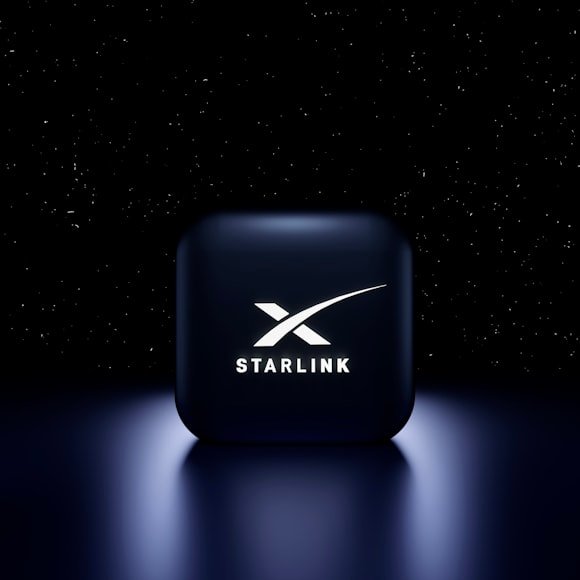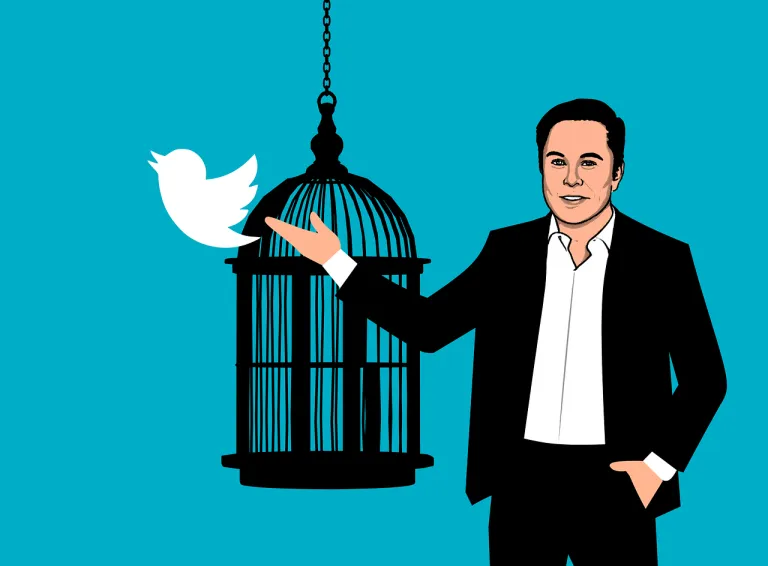Elon Musk's latest Brazil move has ignited a debate over where government control ends and the all-mighty tech begins.
The billionaire entrepreneur had his satellite internet service Starlink evade an unsuccessful ban against his social media platform X. All this has coalesced into a daring move that has many guessing over the future of internet freedom and how much influence the tech giants will have in shaping it.

I have been following this story closely, and I must say, this is an interesting example of how technology can be used to challenge traditional power structures. Musk's decision to beam X directly from space to Brazilian users is a game-changer. It certainly exposes just how limited the ability of governments to control information in our increasingly connected world is.
Why the ban
An eventual ban by Brazil came when X failed to comply with a court order to appoint a new legal representative in the country. Judge Alexandre de Moraes, who issued the ruling presiding, is under heavy criticism from Musk, who, among other things, called him "a dictator" and accused him of negative behavior over free speech.
While I can understand the need for companies to adhere to local laws, I wonder whether this ban constitutes an overreach that stifles open dialogue.
The interesting element, however, is how Musk has managed to use his other company to work his way around the ban.
Starlink operates as an internet service provider through its constellation of satellites to about 250,000 subscribers in Brazil. In using this service to keep X online, Musk may be able to access a parallel internet infrastructure, beyond the reach of terrestrial regulations.
Now, the question is: Can a nation control the digital borders?
Well, it is a little complicated to handle the hitherto-held notions of jurisdiction and governance.

I am also impressed by the economic power play this stand-off is causing.
Brazilian politicians have frozen Starlink's bank accounts, which of course, means no processing can take place. Against all of this, Musk threatened to provide free access to Starlink customers in Brazil. This keeps users hooked on his service, while at the same time garnering him sympathy from the public and putting pressure on the government.
The consequences for users are severe: anyone in Brazil who accesses X through Starlink or a VPN could be slapped with heavy fines. That places the average citizen in an impossible situation, pitting the right to follow the law against what many would consider their right to free expression online.
In my view, this is a conflict that epitomizes the upsurging tension between national governments and global technology firms. The more powerful these companies become in our lives, the better positioned they are to resist state authority. This, indeed, is part of a larger change in the power equation that we will have to come to terms with.

What is going on in Brazil has the potential to set a precedent for how such conflicts will be treated around the world. Other countries will try to impose ever more controls on satellite Internet services. Or they will acknowledge how pointless such efforts will be in an age of borderless technology.
It's not just about Elon Musk or X- it's about the future of the internet and who is in charge.
Posted Using InLeo Alpha